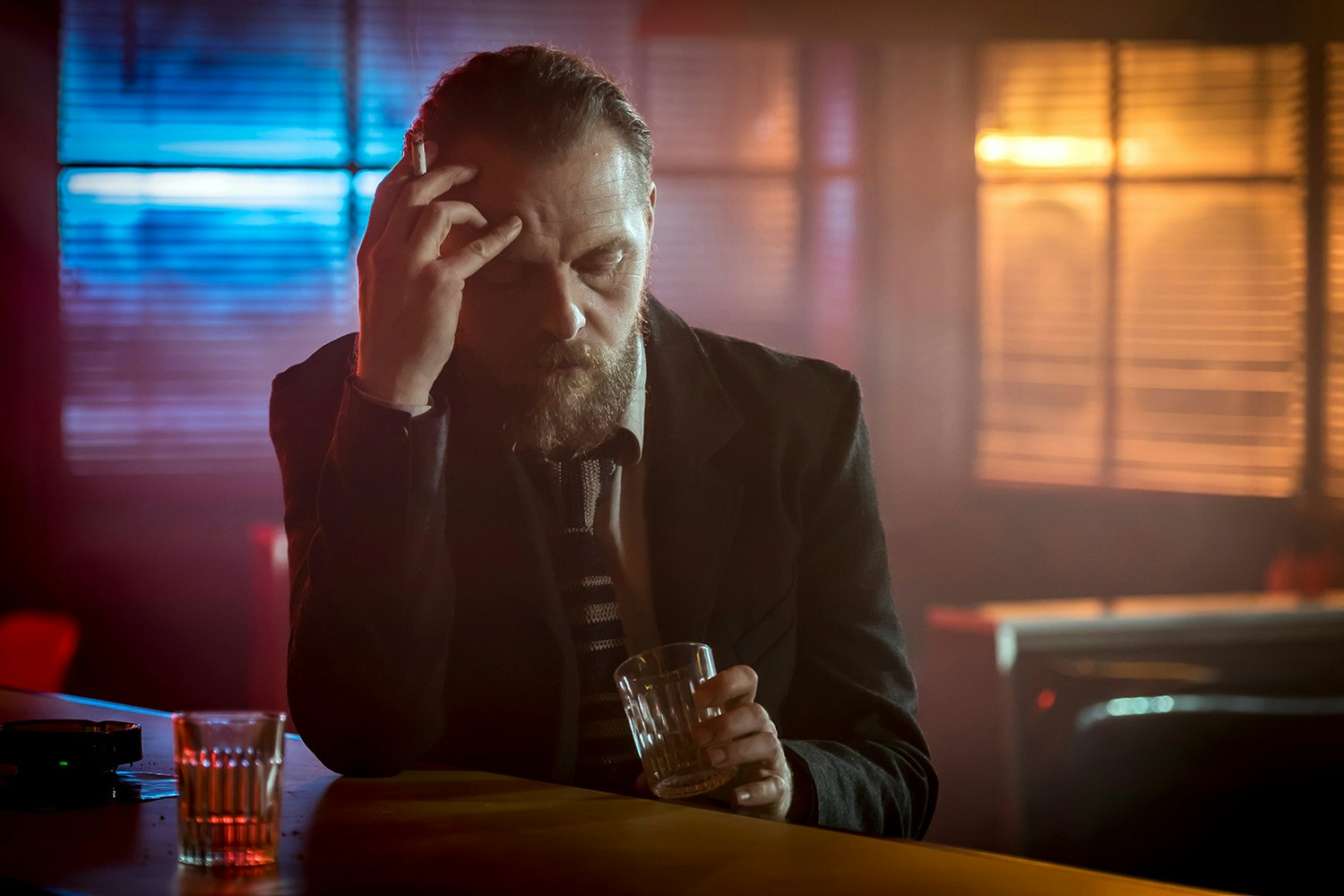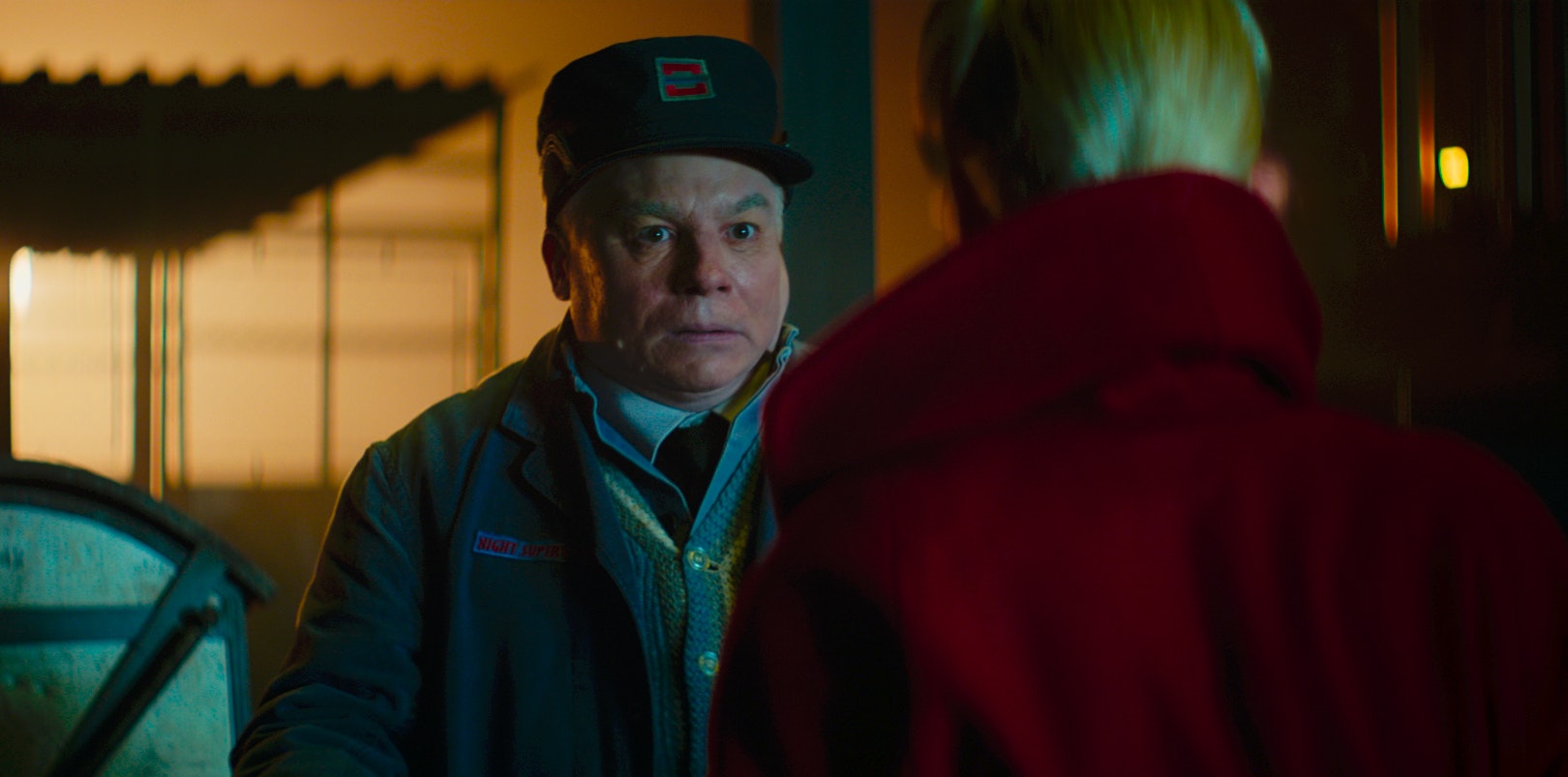
Margot Robbie has become the go-to actress whenever a filmmaker decides to throw everything at the screen. In the last 12 months, she’s appeared in the overstuffed period whodunit Amsterdam, unlikely TikTok favorite Wes Anderson’s sci-fi ensemble Asteroid City, and whatever Damien Chazelle was trying to achieve in the truly exhausting classic Hollywood tale Babylon. And let’s not forget her three performances as Harley Quinn. But chances are, you missed her most hardboiled foray into organized chaos: the notorious 2018 flop Terminal.
Released On May 11, 2018, Vaughn Stein’s directorial debut took less than a million dollars during its limited theatrical run and received a critical drubbing. Both the New York Observer and Rolling Stone gave zero-star reviews, with the former dismissing it as “a turgid, pretentious, and incomprehensible existential joke.” That’s perhaps a fair description, but Terminal’s dazzling production design and committed leading lady ensure the dystopian crime saga isn’t entirely without merit.
Robbie plays Annie, a brash Londoner who appears to be a chameleon. In the opening scene, she’s in a confessional booth offering her hitwoman services to a mysterious underworld king while sporting a Mia Wallace-style bob (not the last nod to Tarantino’s oeuvre). In the next, she’s a bleached blonde waitressing at a rundown train station café. Later, she shows off her pole dancing skills at a decadent strip club. You have to wait until the absurd denouement for all these strings to tie together, but the Aussie adopts a surprisingly convincing Cockney accent and always commands your attention.
Sadly, she’s saddled with a hackneyed script in which her character, whatever form she’s taking, speaks entirely in either lame double entendres (“I need someone to butter my buns”) or theatrical monologues. Her conversations with Simon Pegg’s Bill, a seemingly mild-mannered grammar school teacher with an uncurable fatal illness, are particularly groan-worthy, with Annie’s attempts to coax the diner patron into suicide veering close to deranged manic pixie territory.

Meanwhile, Dexter Fletcher and Max Irons must contend with the kind of dialog that aims for Tarantino at his post-modern best yet lands on Guy Ritchie at his gangster geezer worst. When they’re not hurling foul-mouthed insults at each other, their hitmen, Vince and Alfred, are doing the whole meta schtick, pontificating about the effects of Hollywood ultraviolence in a film that ends with a close-up of a gruesome lobotomy. It’s all too clever for its own good, and the pair’s company is so unpleasant you only wish the inevitable double-crossing arrived much earlier.
It’s the random casting of Mike Myers, a man who hadn’t acted on screen since a brief cameo in Inglourious Basterds nine years earlier, that was hyped as Terminal’s main draw. Yet it’s hard to see what inspired the Canadian to come out of semi-retirement other than a chance to prove himself again as a master of disguise. He spends most of the film on the sidelines as a whistling, limping, buck-toothed train station janitor suspiciously always in the vicinity whenever trouble strikes. It’s therefore little surprise when the identity of the enigmatic Mr. Franklyn, the evil mastermind watching all the madness unfold from his CCTV-filled lair, is finally unveiled.

Just don’t try to make too much sense of the big reveal, or the story as a whole. By playing fast and loose with its timelines, Stein further muddles a revenge narrative that almost impressively manages to be both meandering and convoluted. Terminal is only 96 minutes, but it seems to take twice as long to finally get its wheels in motion, by which point we’re past caring about Bill and Annie’s tiptoeing, Vince and Alfred’s latest mission, and how a network of assassins are supposed to make a living in an area that looks about as populous as Outer Mongolia.
Who knows what Thomas Turgoose and Matthew Lewis’ hopeless muggers even had to do with anything? Alfred’s last words, “An over-elaborate scheme perpetrated mercilessly upon you by highly motivated, highly intelligent individuals with a penchant for amateur dramatics” perhaps says it best. Still, the ending is nothing if not audacious, cramming hours’ worth of drama into a dizzying montage that proves there were crumbs of vital information hidden among all the pretentious chitter-chatter.

Also worthy of pushing Terminal to at least two-star status is its striking world-building. Shot entirely on a Hungarian sound stage, the film’s anonymous setting is a perpetually dark metropolis of lurid neon signs, squalid apartment blocks, and rain-soaked streets. Blatantly borrowing from elements of Blade Runner, Sin City, and countless other fantastical neo-noirs, the film’s aesthetics may be as derivative as its screenplay, but almost every other scene visually wows.
You could argue Robbie needs a choosier agent, although on this occasion the hot mess was actually produced by her own LuckyChap Entertainment company. You could also applaud her for never playing it safe. Who else would dare follow up a period tweefest with a Barbie adaptation, as another example? Terminal is undoubtedly a misfire. Contrary to the critical consensus, however, it still occasionally reaps some hyper-stylized rewards.







